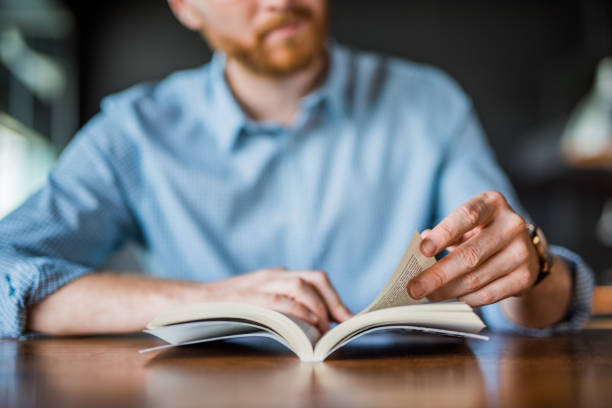
Michaelmas Term has properly started, and students have filled the colourful halls of CJBS. Here are some tips and tricks for studying and writing to make your grad experience a little bit easier. In the following four blog posts, Suzette gives some useful study skills tips. Note that most of these techniques are matters of preference, so try things out and find something that suits you best!
Though reading may seem straightforward (‘just grab your reading list and read!’), there are some smart ways to go about it, especially if you have to read a lot in a short amount of time.
Keep a reading journal
Note down to-do’s and have-done’s for your reading. Create sections, for example:
- To read
- Read
- For course x, course y etc
- For dissertation
- For methodology
This could be physical or electronic. For tips on how to track, be on the look-out for the blog post about tracking and referencing.
Reading techniques
- Scanning and skimming: read the introduction to an article (or the abstract if there is one), and the conclusion. Skim through the article: usually the first or last sentence of a paragraph is the argument for that paragraph. This way you can get a good sense of what the article is about and what it is arguing. Spend no longer than 10 mins doing this.
- Ask yourself: is this article relevant to what I need to know? If no, go to the next article. If yes, read the article in full.
- Detailed and/or active reading: read the full article. When you actively read an article, you should make notes. Some people like highlighting when reading. This is useful, but I would advise to always take notes as this is a more interactive way of dealing with reading and will help you remember important points better. Be on the look-out for the upcoming ‘note taking‘ blog post.
Software recommendations for your reading journal: Zotero, Todoist, Excel/Word

